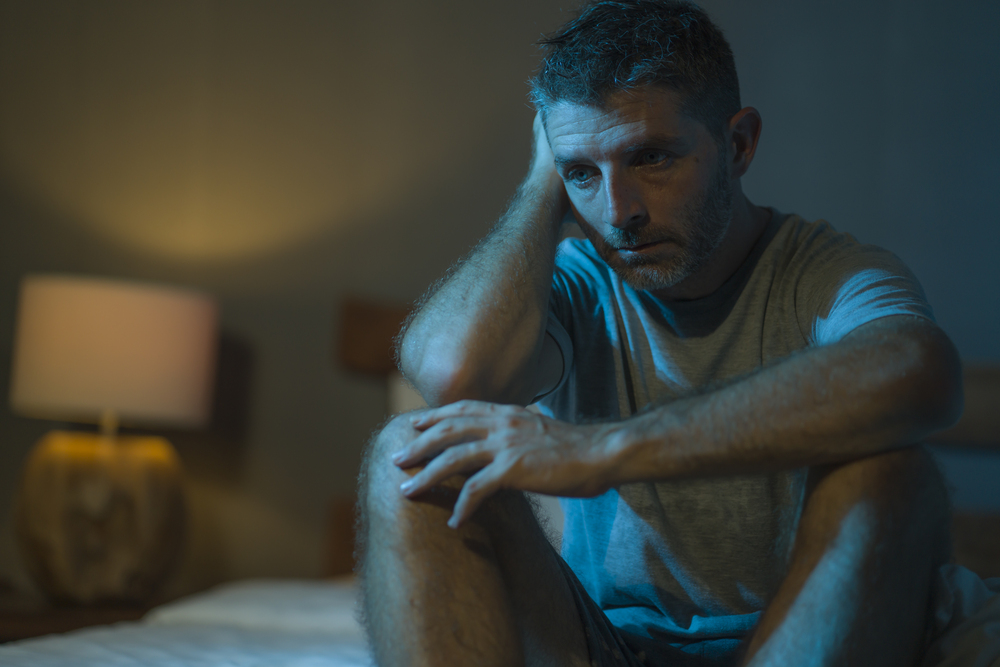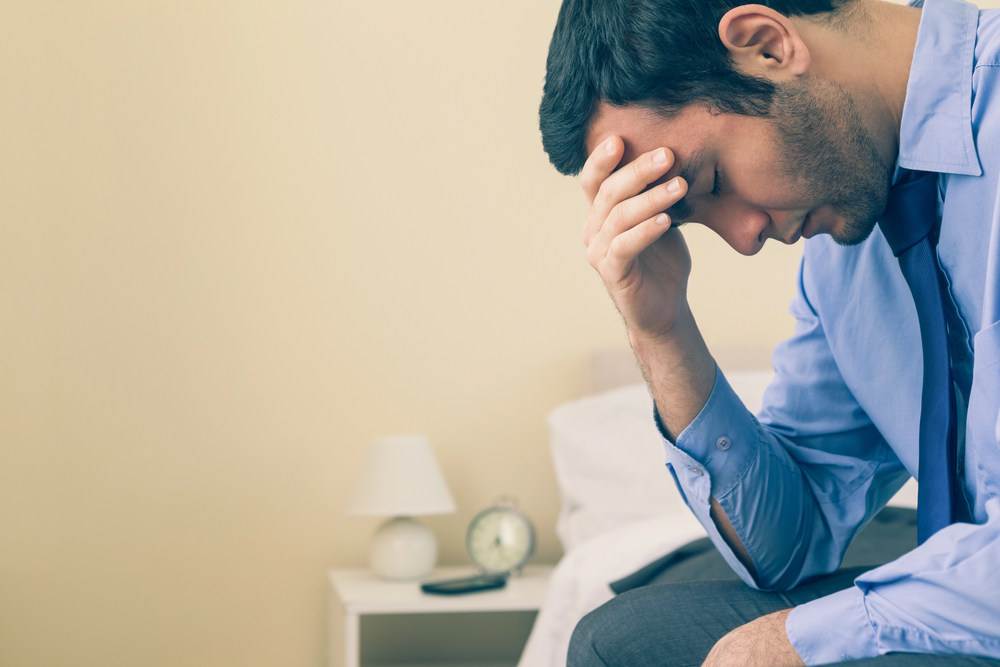What is Depression and What Causes It?
Depression is a mood disorder that affects millions of people worldwide. It is a clinical condition that can be diagnosed by a mental health professional. Depression is not just feeling sad or down; it is a persistent and chronic condition that affects the way you think, feel, and behave. There are different types of depression, including major depressive disorder, persistent depressive disorder (PDD), and seasonal affective disorder (SAD).

Depression is caused by a combination of genetic, environmental, and psychological factors. Some people may be more susceptible to depression due to their genes, while others may develop it due to traumatic life events such as loss of a loved one or a major life change. Other risk factors for depression include chronic illness, substance abuse, and a history of mental illness in the family.
The symptoms of depression can vary from person to person, but some common symptoms include:
- Persistent sadness or feeling empty
- Loss of interest or pleasure in activities you used to enjoy
- Changes in appetite or weight
- Difficulty sleeping or oversleeping
- Fatigue or loss of energy
- Feelings of worthlessness or guilt
- Difficulty concentrating or making decisions
- Thoughts of suicide or self-harm
If you are experiencing any of these symptoms, it is important to seek help from a mental health professional. Depression is a treatable condition, and there are many effective treatments available, including therapy, medication, and lifestyle changes.
Depression Treatment Options
What are the treatment options for depression? There are several different approaches that have been shown to be effective in treating depression. The right treatment for you will depend on the severity of your depression, your personal preferences, and other factors. Here are some of the most common treatment options:
Medications
Antidepressant medications are often used to treat depression. There are several different types of antidepressants, including selective serotonin reuptake inhibitors (SSRIs), serotonin-norepinephrine reuptake inhibitors (SNRIs), tricyclic antidepressants, and monoamine oxidase inhibitors (MAOIs). Your doctor can help you decide which medication is right for you.
Psychotherapy
Talk therapy, also known as psychotherapy, can be an effective treatment for depression. Cognitive behavioral therapy (CBT) is a type of talk therapy that has been shown to be particularly effective in treating depression. Other types of talk therapy that may be helpful include interpersonal therapy (IPT) and psychodynamic therapy.
Electroconvulsive Therapy
Electroconvulsive therapy (ECT) is a treatment that involves sending an electric current through the brain to trigger a seizure. It is typically used for people who have severe depression that has not responded to other treatments. ECT is generally safe and effective, but it can cause side effects such as confusion and memory loss.
Combination of Treatments
In some cases, a combination of treatments may be the most effective way to treat depression. For example, your doctor may recommend that you take medication and also receive psychotherapy.
How can Lifestyle Changes and Self-Care Help with Depression?
Making lifestyle changes and practicing self-care can be effective in managing depression. Self-care is the practice of taking care of oneself, both physically and mentally. It can involve various activities, such as exercising, meditating, and writing in a journal.
Exercise is one of the most effective ways to alleviate depression symptoms. Regular exercise can help boost mood, reduce stress, and improve overall well-being. Yoga is also a great form of exercise that can help reduce stress and anxiety, and improve mood.
Meditation is another effective way to manage depression. It can help calm the mind and reduce stress levels. Practicing mindfulness meditation, where you focus on the present moment, can help you become more aware of your thoughts and emotions, and help you manage them better.
Making lifestyle changes, such as eating a healthy diet, getting enough sleep, and reducing stress, can also help alleviate depression symptoms. Eating a balanced diet that includes fruits, vegetables, and whole grains can help improve mood and overall well-being. Getting enough sleep is also important for managing depression symptoms, as lack of sleep can worsen depression.
Writing in a journal can also be helpful in managing depression. Writing down your thoughts and feelings can help you become more aware of them, and help you process and manage them better.
Can depression be diagnosed and what is the prognosis?
 Depression is a mental illness that can be diagnosed by a mental health professional. A diagnosis of depression requires the presence of symptoms for at least two weeks. Symptoms of depression include feelings of sadness, hopelessness, and loss of interest in activities that were once enjoyable.
Depression is a mental illness that can be diagnosed by a mental health professional. A diagnosis of depression requires the presence of symptoms for at least two weeks. Symptoms of depression include feelings of sadness, hopelessness, and loss of interest in activities that were once enjoyable.
If you are experiencing symptoms of depression, it is important to seek help from a mental health professional. Your primary care physician can also diagnose and treat depression.
The good news is that depression is a treatable illness. Treatment usually includes medication, therapy, or a combination of the two. According to the National Institute of Mental Health, between 80% and 90% of people who get treatment notice improvements.
If left untreated, depression can last for months or even years. Studies show that the symptoms of depression can last for 10 months, on average, if no other conditions are present. Untreated depression can also lead to other health problems, such as substance abuse and physical health problems.
Depression can be diagnosed by a mental health professional or primary care physician. It is a treatable illness with a good prognosis when treated. Seeking help for depression is important to prevent long-term negative effects on your mental and physical health.


